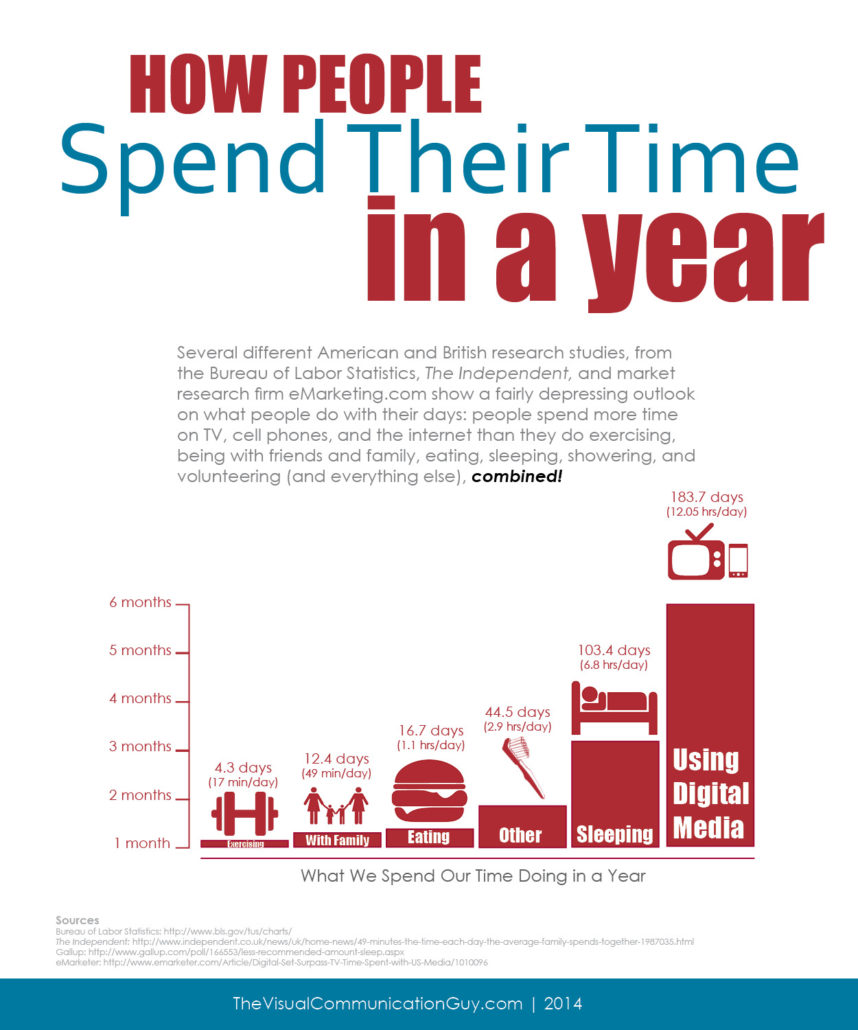Have you ever had a moment in your life where you were completely immersed in an activity, feeling a sense of awe and wonder, and experiencing a deep sense of connection and fulfillment?
These intense moments of positive emotion and enlightenment are what we refer to as peak experiences, or “flow states.”
These moments can be transformative and help us feel more connected to the world around us.
In this blog post, we will explore what peak experiences are, their origins, and the benefits they offer.
We will also look at some examples of peak experiences and discuss how to incorporate them into your daily life.
What are Peak Experiences?
Peak experiences, also known as “peak moments” or “flow states,” are moments of intense psychological or emotional joy, awe, or wonder that can be accompanied by a feeling of transcendence or unity with the universe.
These experiences are often described as life-changing and may have a profound impact on an individual’s sense of self and their perception of the world around them.
During a peak experience, an individual may feel completely immersed and involved in an activity, leading to a sense of personal growth and fulfillment.
This sense of immersion is often characterized by a feeling of being completely present and focused in the moment, and may involve a sense of challenge and growth as well.
Peak experiences may be triggered by a variety of different activities and experiences, and can take many different forms.
Some people may experience peak moments through artistic or creative endeavors, while others may find them through physical activities or sports.
Still others may experience peak moments through spiritual or religious practices, or through moments of deep connection with others.
Regardless of the specific form they take, peak experiences are often described as transformative and may have a lasting impact on an individual’s sense of self and their perception of the world.
They may also contribute to a sense of purpose and meaning, and can be an important source of fulfillment and happiness.
Origins of Peak Experiences
The concept of peak experiences was first introduced by psychiatrist and humanistic psychologist Abraham Maslow in his theory of self-actualization.
Maslow was interested in understanding the psychological and spiritual growth of individuals, and he believed that peak experiences were moments of profound insight and understanding that had the potential to bring about significant personal transformation.
He described peak experiences as “sudden, dramatic, and emotionally charged,” and believed that they could provide individuals with a sense of unity, transcendence, and connection to a higher power or purpose.
Maslow’s theory of self-actualization and peak experiences has had a significant influence on the field of psychology and the study of human motivation and growth.
His ideas have been further developed and refined by other researchers and practitioners, and the concept of peak experiences has become an important topic of study in fields such as positive psychology, education, and management.
Despite some criticism and debate over the specifics of Maslow’s theory, peak experiences continue to be recognized as valuable and transformative experiences that can contribute to personal and spiritual development.
Benefits of Peak Experiences
There are many potential benefits to having peak experiences, including:
- Increased creativity and problem-solving abilities
- Greater feelings of happiness and well-being
- Improved focus and productivity
- Enhanced personal and professional growth
- A sense of connection to others and the world around you
Examples of Peak Experiences
Peak experiences are intense moments of positive emotion, connection, and enlightenment that can be transformative and help individuals feel more connected to the world around them.
Some examples of peak experiences may include:
- A moment of profound spiritual connection, such as during a religious ceremony or during a moment of meditation
- A moment of intense emotional connection with another person, such as falling in love or having a deep conversation with a close friend or during an act of kindness
- A moment of personal accomplishment, such as finishing a marathon or achieving a long-term goal
- A moment of awe and wonder, such as seeing a natural wonder or experiencing something new and exciting
- A moment of intense emotion, such as the birth of a child or the death of a loved one
- A moment of artistic or creative inspiration, such as composing music or writing a poem
- A moment of intense physical connection, such as during a dance performance or a sports event
- A moment of intense focus and concentration, such as during meditation or a difficult task
- A moment of intense physical sensation, such as bungee jumping or skydiving
- A moment of connection with nature, such as hiking in the mountains or swimming in the ocean
- A moment of intense self-discovery, such as during a retreat or therapy session
- A moment of profound understanding or realization, such as when a complex problem is finally solved or a difficult concept is finally grasped
These moments can be deeply personal and may vary from person to person. They are often described as intense, life-changing, and meaningful.
How to Have More Peak Experiences
If you are looking to have more peak experiences in your life, try the following:
- Identify activities that you find deeply engaging and enjoyable: Pay attention to what kinds of activities bring you a sense of flow and fulfillment, and make an effort to prioritize and incorporate these activities into your life.
- Set aside dedicated time to focus on these activities without distractions: This might mean setting aside specific blocks of time to engage in your chosen activity, or finding a quiet and distraction-free environment to work in.
- Seek out new challenges and experiences that stretch your abilities and encourage personal growth: To incorporate this element into your daily life, try seeking out new experiences and activities that challenge you and help you to develop new skills and knowledge. This could involve learning a new hobby or sport, taking on new responsibilities at work, or tackling a difficult problem or project.
- Practice mindfulness and stay present in the moment: This might involve practicing mindfulness techniques, such as focusing on your breath or paying attention to your senses, to help you stay present and focused.
- Foster a sense of gratitude and appreciation for the experiences and opportunities you have: This helps to enhance your sense of fulfillment and satisfaction, and can also contribute to a greater sense of connection to others and the world around you. Make an effort to regularly reflect on and appreciate the experiences and opportunities you have, and express gratitude to those around you who support and enable your growth and development.
It’s also important to note that peak experiences are not always easy or enjoyable in the moment.
They may involve hard work, struggle, and even failure. However, it is through these challenges that we often grow and learn the most.
Concluding Thoughts
Peak experiences, or “flow states,” are intense moments of joy, awe, and wonder that can bring about a feeling of transcendence and personal growth.
By identifying and engaging in activities that bring you fulfillment, setting aside dedicated time to focus on these activities, seeking out new challenges, practicing mindfulness, and fostering gratitude, you can incorporate peak experiences into your daily life and benefit from their transformative effects.
Now that I have shared what peak experiences are about, and the practical ways you can apply it in your life, do you think this is something you will want to make a part of your life?
Let me know in the comments below.

If you are excited to get more life hacks, also check out: “Beyond Financial Freedom: An Unofficial Guide to Living Your Best Life”
After trading for 18 years, reading 1500+ books, and mentoring 1000+ traders, I specialise in helping people improve their trading results, by using tested trading strategies, and making better decisions via decision science.




 Source: Vulcan Post
Source: Vulcan Post






